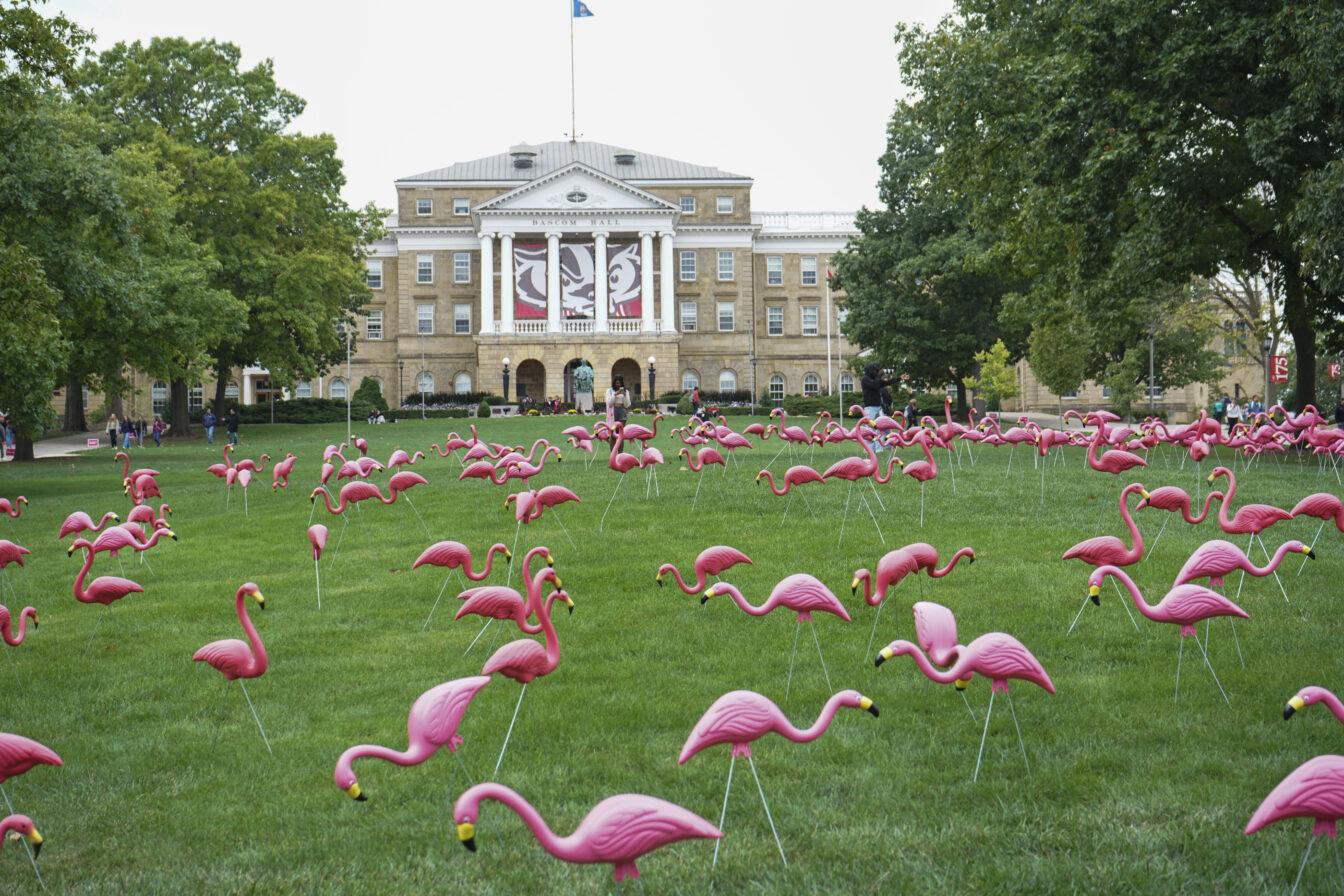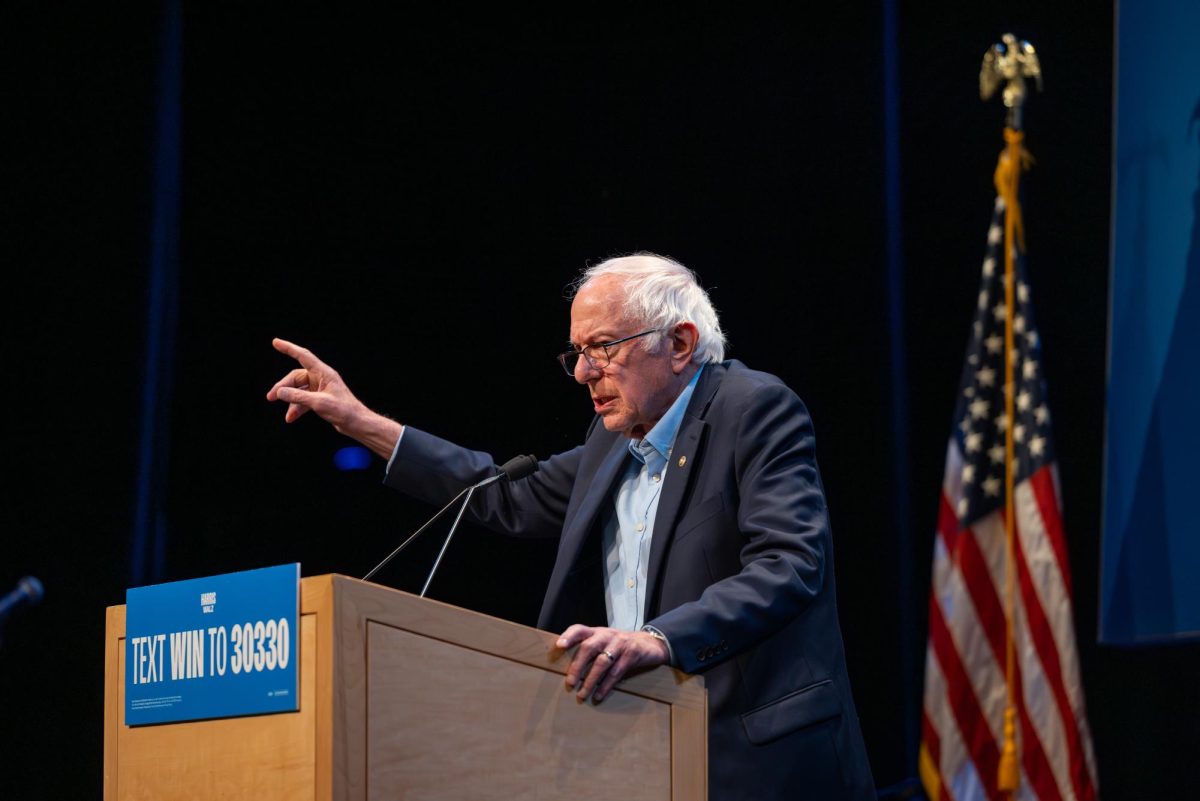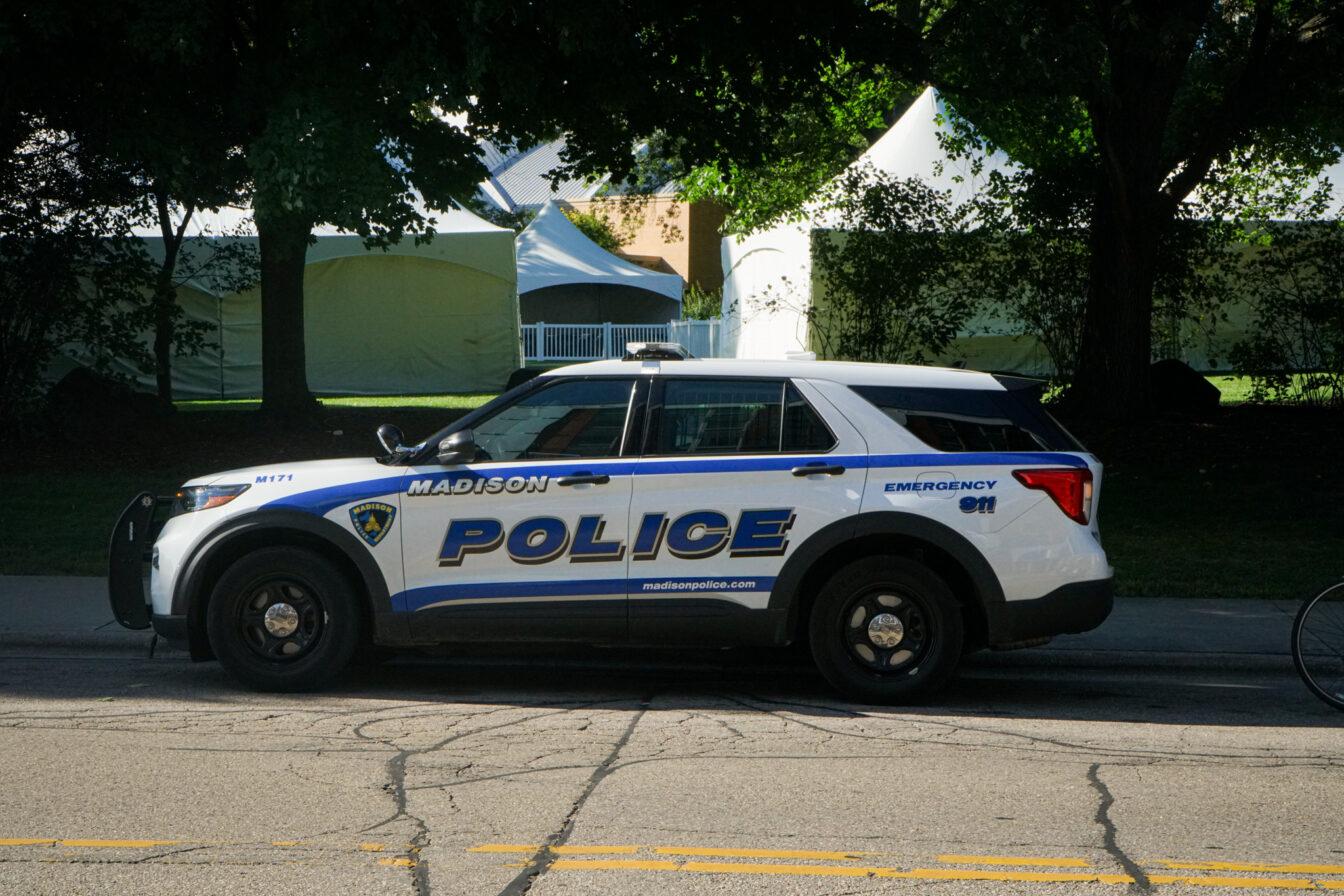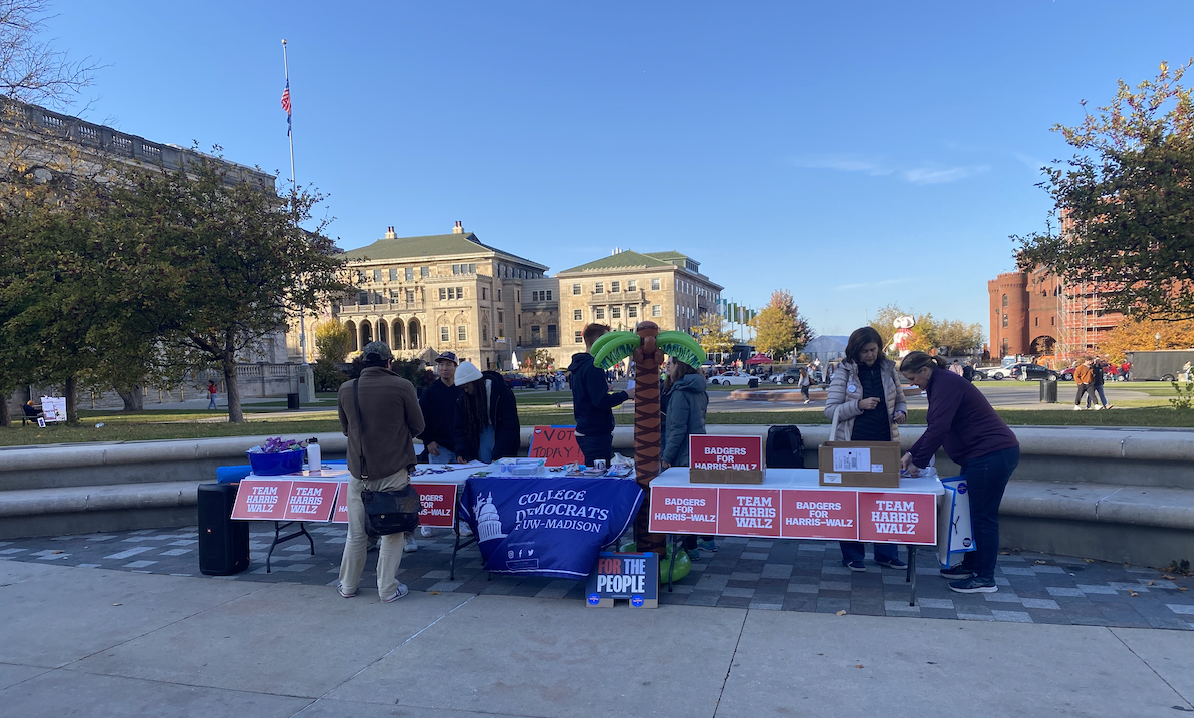Will Sandstrom wants voters to know he is running for mayor to save Madison.
“If Madison dies, Wisconsin dies,” Sandstrom said.
He said high property values, interest rates and taxes are choking city growth and jacking up rent prices for students. “If property taxes go down, rent for students goes down,” Sandstrom said.
He said he would stop creating expensive projects like light-rail transit and “tiddly-wink” centers such as Monona Terrace that drain the city’s resources.
“I would prune and cut the fat out of the budget,” Sandstrom said, explaining how he would lower property taxes for students.
Sandstrom said he would like to apply for law school at the University of Wisconsin in order to become an attorney and sue the alcohol industry, which he says is the actual root of the student binge-drinking problem.
“Students just want to be accepted by their classmates, and we’ve got to stop that. If their classmates paint their hair rainbow colors, they want to paint their hair rainbow colors, and if their classmates get a ring in their belly button, they want a ring in their belly button,” Sandstrom said.
Sandstrom is worried that students are having trouble with their Friday classes because drink specials are currently concentrated on Thursday nights rather than weekends.
He also said tuition needs to stay low, so that students of all economic levels can attend college at the University of Wisconsin.
Sandstrom does not welcome all cultures to the city of Madison, however. He said another reason for Madison’s decay is its acceptance of violent cultures into the city such as Mexicans, Chinese and African-Americans.
“I am not a racist, but I am against organized crime and extortion of those who are already here,” Sandstrom said. “The ones who are legally here pay for the ones who are illegally here.”
He said he was upset about being falsely pegged as racist by the other candidates, who jumped at the opportunity to brush their competition aside. He suggested allowing other cultures to come in slowly in order to cultivate their minds and make them “humane.” Some of Sandstrom’s beliefs about other cultures stem from his time teaching elementary school in what he calls the “black ghetto” of Chicago.
“They threw a brick through my car window,” Sandstrom said. After the incident he left Chicago.
Sandstrom’s hometown is International Falls, Minn., where he grew up in a one-room log cabin. He lived in Duluth throughout high school, where he worked four jobs and became captain of his high school track team, running the mile with a time of 4:37, he said.
He earned a degree in biochemistry from St. Olaf College in Minnesota, a masters in biochemistry at the University of North Dakota and a Ph.D. in biochemistry from the University of Indiana.
He campaigned twice in Wausau for the U.S. House of Representatives, and once for governor of Wisconsin.
“Politics are more corrupt now than they have ever been,” he said, convinced that his nomination papers for governor were tampered with in order to prevent his candidacy.
Sandstrom’s motivation for becoming involved in politics grew from his compassion for those living off low social-security benefits. He ran against Wilbur Mills for U.S. Congress in Arkansas, and while he did not win, he pressured Mills to raise social security to $160 per month with his campaign.
Sandstrom also takes credit for the creation of legislation against organized crime, which passed after he focused on organized crime in his campaigns and left politics. He said he is running for mayor, because he does not want all of his life experience to go to waste.
“Their shoes have not walked where mine have,” he said, referring to the other candidates. “I’d make the greatest mayor in any city in the U.S.”







